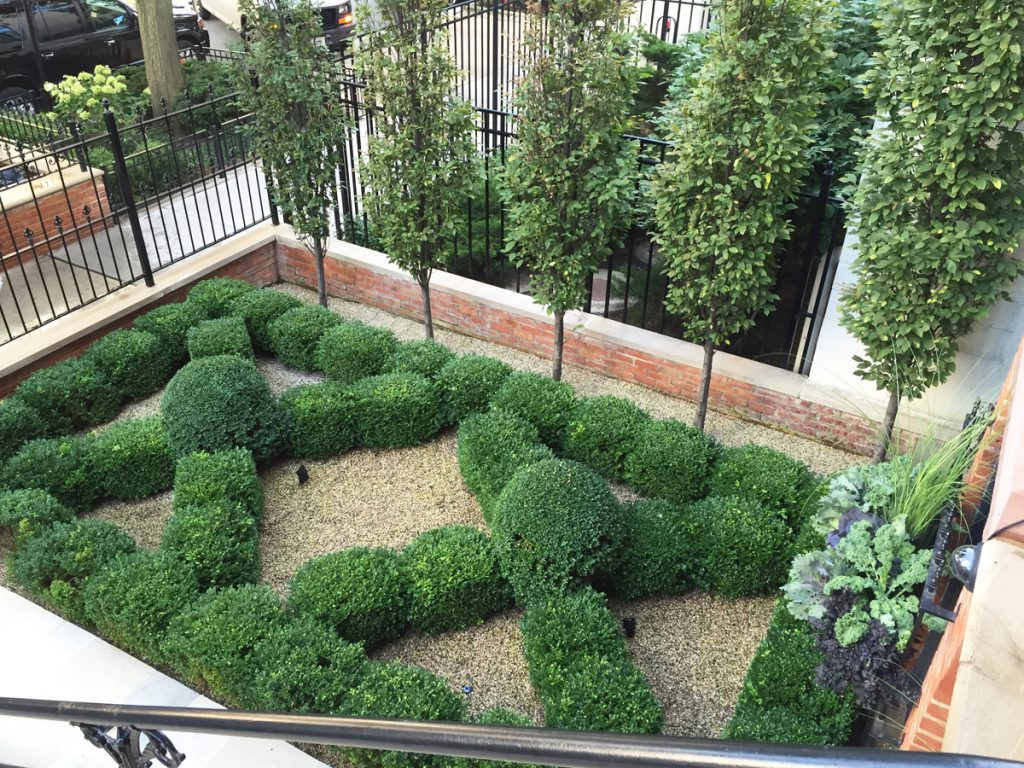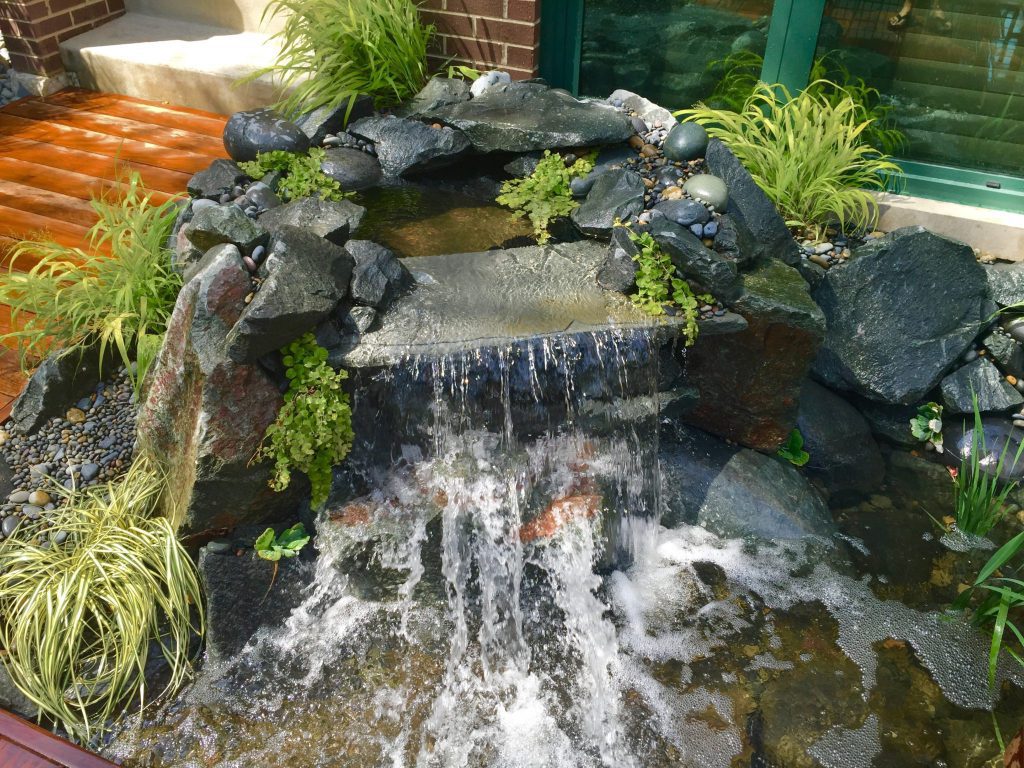As far back as the end of the 1300s, Buddhist monks understood the power of communing with nature and the relaxing benefits of gardening. The style of garden they created, the Zen garden, mimicked the peaceful harmony of nature and attempted to generate good feng shui by directing the smooth flow of chi. Fast forward nearly seven hundred years when homeowners are rediscovering the simplistic beauty of Zen gardens with its decidedly Asian influences and tranquility. Understanding the fundamental components of the traditional Zen garden will help us replicate this unique style of garden in our own yards. Those components are plants, stones and pebbles, water features, and architectural pieces.

Plants
All gardens need plants and Zen gardens are no exception. The plants typically found in Zen gardens are selected for their color, size, and texture. Zen gardens are nearly always devoid of flowers, instead they favor foliage of varying colors and sizes. Hostas, Japanese maples, azaleas, conifer shrubs, and water lilies are all good choices for an authentic-looking Zen garden. Zen gardens are all about balance, therefore, if you add in light green or yellow foliage to your garden, you should balance the yang with some yin by including dark green or red plants. Also, carefully consider the positioning of small trees and shrubs before you plant them as you will want to optimize natural sunlight.
Sand, Stones, and Pebbles
True Zen gardens often do not have water features but the feel and movement of water is fashioned by building streams and ponds made entirely of sand or small, rounded pebbles. The pebbles, in fact, can be raked into a wave pattern to give the illusion of flowing water. These faux water features are meant to be gazed upon, not walked upon. Often benches or chairs are placed near them to give visitors to the garden a place to rest and reflect.
A Zen garden should also have a winding pathway or two so guests can leisurely stroll through the space and take in the simplistic beauty. Pathways can be built using wood chips or moss, but often, they are created using more pebbles. How does a visitor to a Zen garden differentiate between a pathway, with is intended to walked on, and a pebble pond that is not? The path will begin at a gate or entrance to the Zen garden and continue on a narrow, curved journey through the garden. Often a path is flanked by plants, such as hostas. A faux water feature will be surrounded by grass and, in most cases, inaccessible from the path. Near the faux pond – or in it – you will find a rake, placed there for the gardener to smooth out the small stones and create patterns.
Larger stones and boulders are a regular feature in Zen gardens. They provide a rocky island in the midst of the foliage and serve to balance the living elements of the garden with the concrete and unwavering forces of nature.

Water Features
Water features are a newer and welcoming addition to Zen gardens. Water has a calming effect and offers another way to include additional bits of nature. Water brings life and a water feature in your Zen garden will invite birds, butterflies, frogs, and turtles to make your garden their home. While it is common to see large koi ponds in modern Zen gardens, homeowners with limited space or little time for upkeep of a pond can achieve the relaxing benefit of moving water with a small garden fountain. There are many Asian-inspired garden fountains on the market that can compliment any type of Zen garden.

Structure
The final component of a Zen garden is architectural or structural pieces. If the garden space is large enough, these can include pagodas and bridges, but small Zen gardens can accomplish this by including a bench or chair, along with a statue or two. These man-made structures not only provide a focal point in the garden space, but also serve as a reminder that people are intrinsically tied to nature and that we must all maintain a harmonious balance with the elements that are all around us.
Interested in building a Zen Garden in your Chicago backyard or rooftop? We can help! Contact Botanical Concepts Chicago.



